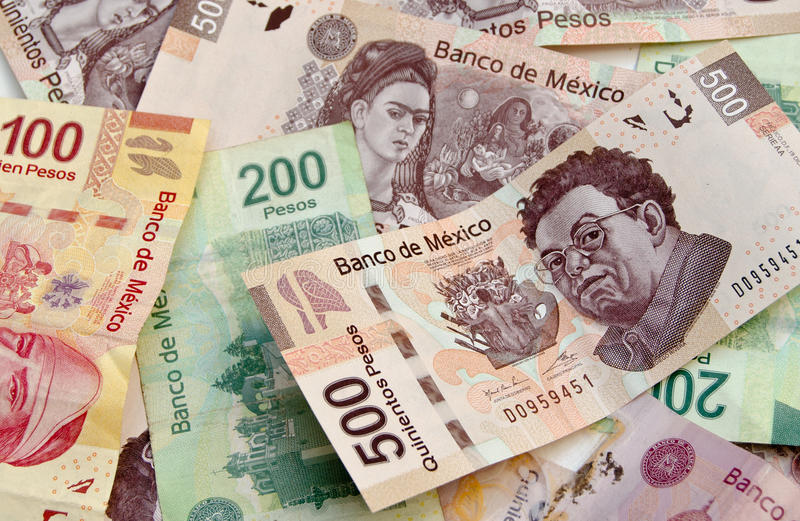
This is what accountant and bitcoin enthusiast Vanessa Solís Caballero suggests. For her, regulators in Mexico fear that a regulatory framework could somehow threaten or harm the country's financial system, which doesn't necessarily happen, she said.
"There are examples where a regulation may or may not harm the financial system," Solís said. "We want the measures to know how to work with digital assets," he said.
Solís, who was part of the conversation about Fintech law and the role of regulators at the Bitcoin Forum, organized by the Mexican Senate, stressed that in his country, even if there is the aforementioned legislative document and others related to taxes, there is no nothing clear about the use of cryptocurrencies.
Rebeca Álvarez argues that Mexico's Fintech law is insufficient. Source: Facebook.
"There is ignorance, fear, uncertainty, and that is why distance is created," he criticized. "But there are countries that, without needing to compromise the financial system, have created regulatory frameworks," she said.
For this reason, he believes it is important to adapt current legislation to the new economy.
“We are in an area of uncertainty and we need certainty, and this will be provided by the laws, making them apply to everyone. We are fans of decentralization, but the people who are doing things right, who are not laundering money and are using assets to improve transactions by taking advantage of technology, want to be regulated but they don't know how "- Vanessa Solís Caballero, accountant and enthusiast bitcoin.
Fintech law is not enough
Rebeca Álvarez, managing partner of the Loxical law firm, which works with new technologies, also participated in the panel. You suggest that the regulation of the Bitcoin ecosystem in Mexico is "systematic" and that the Fintech law does not cover the entire cryptographic spectrum, making it "insufficient".
He points out that, in its beginnings, the legislation, which he described as paternalistic, was based on protecting users from companies, avoiding risks for people who use new technologies to pay and consume.
However, and when there is a boom in the use of these assets in the Central American country, the lawyer invites the authorities to be part of the discussion to regulate their use. “It is important that there are the legislators, the public sector and the judges. Without these three elements, the Mexican legal system cannot function, ”he warned.
“We invite dialogue to generate trust among lawmakers in this technology. We can't go on without this problem, ”she said. "Even that clear, broad and flexible concepts are defined and that they go according to business models focused on cryptocurrencies," she added.
Legal reform in progress
What market enthusiasts have mentioned retracts Mexican Senator Indira Kempis' proposal, which proposes a comprehensive legal monetary reform, which would entail, among other things, making bitcoin fiat money. This was an announcement she made during the 2022 Bitcoin Conference.
On April 6, the legislature introduced a couple of legal reform initiatives, none of which mentioned bitcoin or any other digital asset. In detail, it was a reform of the monetary law and, as Kempis pointed out, a first step before finally proposing the law on Bitcoin.
However, the Central Bank of Mexico has proposed to launch a central bank digital currency (CBDC), as early as 2024, in order to leverage the technology for this new type of money.
Thus, the debate in Mexico is open and it will only remain to be seen how events will unfold, in which it will be seen whether the centralization of CBDC will prevail over the benefits of Bitcoin or, conversely, decentralization will eventually be preferred.
